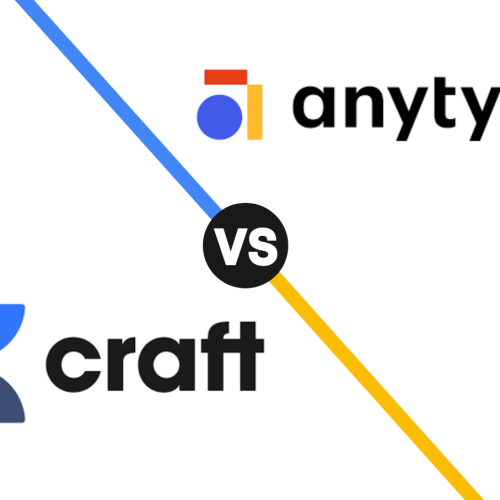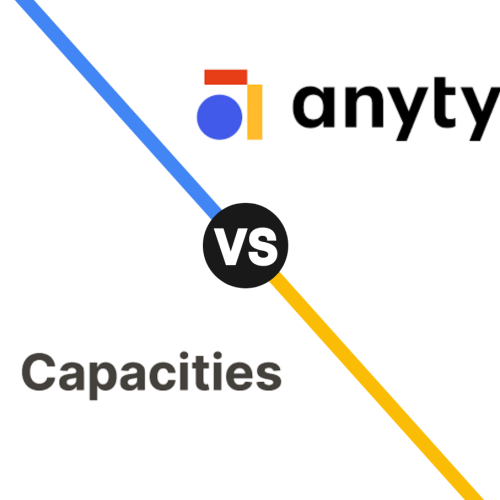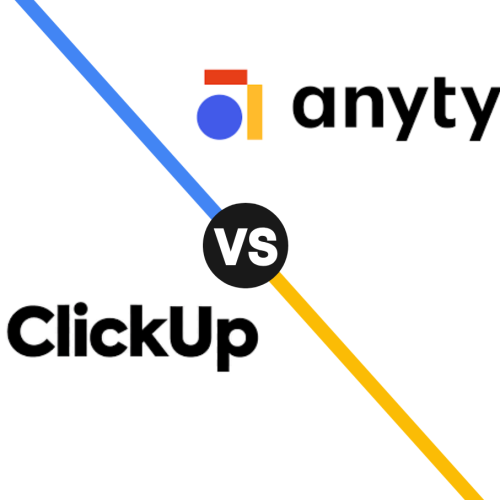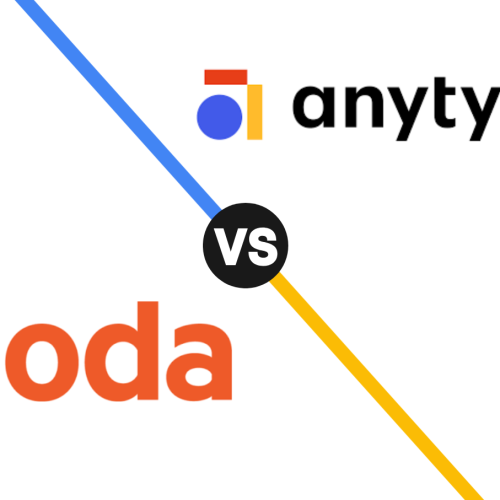Choosing a password manager is a critical step in securing your online life. It’s about finding a tool that not only remembers your passwords for you but also keeps them safe and makes your digital experience easier. The right choice gives you peace of mind and protection from online threats.
This article will compare two top contenders: Bitwarden vs Keeper. We will look at their key features, security, and how they differ. By the end, you’ll have a clear understanding of which password manager is the best fit for your personal and business needs in 2026.
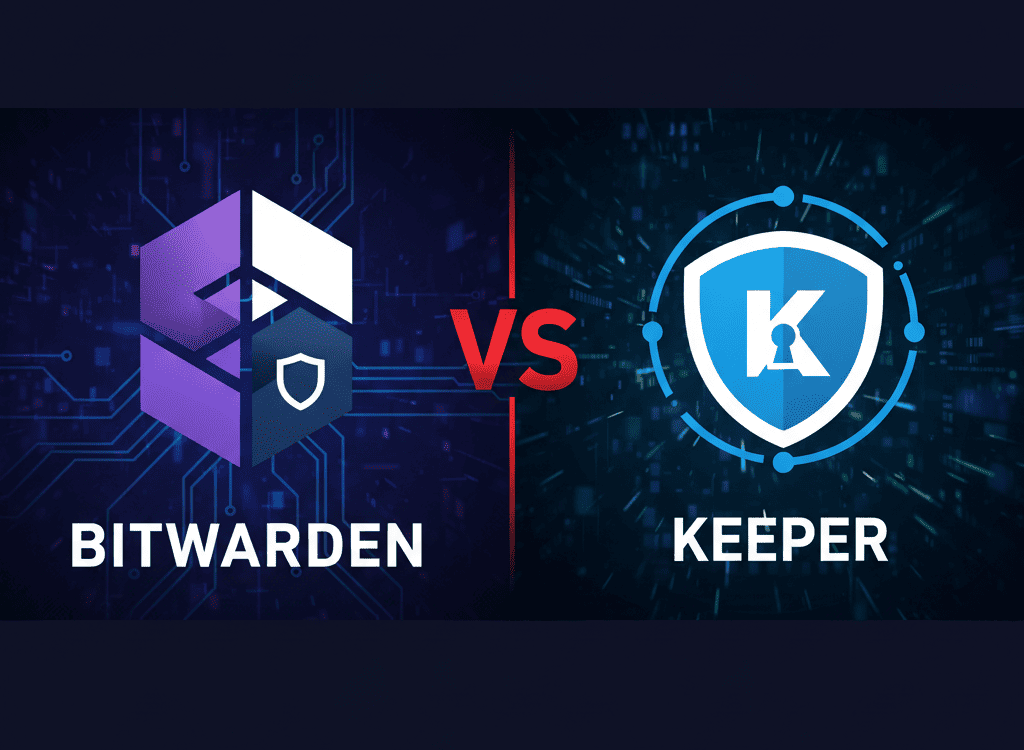
What is Bitwarden?
Bitwarden is a secure and open-source password manager that allows you to store, generate, and autofill passwords across all your devices. Its main strength is its commitment to transparency and its generous, feature-rich free plan, making it a favorite for many.
The platform operates on a zero-knowledge, end-to-end encrypted architecture. This means your data is encrypted on your device before it ever reaches Bitwarden’s servers, and only you hold the key. It offers a self-hosting option, giving users complete control over their data, which is a unique and highly valued feature for many.
What is Keeper?
Keeper is a powerful and feature-rich password manager trusted by millions of people and businesses worldwide. It is known for its strong focus on a simple, user-friendly experience and comprehensive security, making it a favorite for those who want a complete, easy-to-use solution.
The platform goes beyond just storing passwords by offering a wide range of security features. Keeper uses a zero-knowledge, AES-256-bit encryption architecture, ensuring your data is always secure. It also offers a secure file storage option, advanced multi-factor authentication, and an encrypted chat service.
Conclusion: Bitwarden vs Keeper
The choice between Bitwarden and Keeper depends on what you value most. Bitwarden is the top choice for users who prioritize transparency, affordability, and the ability to self-host for ultimate control over their data. Keeper is the better choice for users who want an all-in-one, feature-rich tool with an intuitive interface, especially for business use.
FAQs
- What is the main difference between Bitwarden and Keeper?
Bitwarden is an open-source, community-driven, and more affordable option known for its transparency and self-hosting capabilities. Keeper is a proprietary, feature-rich, and highly user-friendly password manager with a strong focus on enterprise features. - Which password manager is more secure?
Both Bitwarden and Keeper use strong AES-256-bit encryption. Bitwarden’s open-source code allows for community audits, which many users find to be a key element of its security. Keeper is praised for its extensive third-party security certifications and audits. - Is there a free version for both?
Yes, both Bitwarden and Keeper offer free plans. Bitwarden’s free plan is very generous and includes unlimited passwords and device syncing. Keeper’s free version is more limited, with a cap on the number of passwords you can store and access to one mobile device. - Which one is easier to use?
Keeper is generally considered to have a more polished and intuitive interface, making it easier for beginners to use. While Bitwarden’s interface is clean and functional, it can be more challenging for new users, especially when setting up advanced features. - Can they store more than just passwords?
Yes, both platforms can store more than just passwords. Both can securely store credit card information, secure notes, and other sensitive information. Keeper also has a secure file storage add-on for a more complete solution. - How do they handle two-factor authentication (2FA)?
Both services support various 2FA methods. Keeper offers a wider range of advanced 2FA options, including biometric authentication and integrations with services like Duo. Bitwarden offers 2FA as well, including support for authenticator apps and security keys. - Which is a better choice for businesses?
Keeper is often considered a better choice for businesses due to its comprehensive administrative features, robust reporting, and enterprise-focused tools. Bitwarden is also a great option for businesses, particularly those who are budget-conscious and value open-source solutions. - Is one more expensive than the other?
Yes, Keeper is generally more expensive than Bitwarden, with higher pricing for its paid plans. Bitwarden is known for its affordability, with a very low-cost premium plan that includes many features that are add-ons in other services. - Do they have a self-hosting option?
Bitwarden is one of the few password managers that offers a self-hosting option for its users. This allows you to host your own password vault on a private server. Keeper does not offer a self-hosting option. - Do they offer a way to check for weak passwords?
Yes, both password managers offer a vault health or security report feature. These tools scan your stored passwords for weaknesses, duplicates, and signs of being compromised in data breaches, helping you improve your overall online security.


